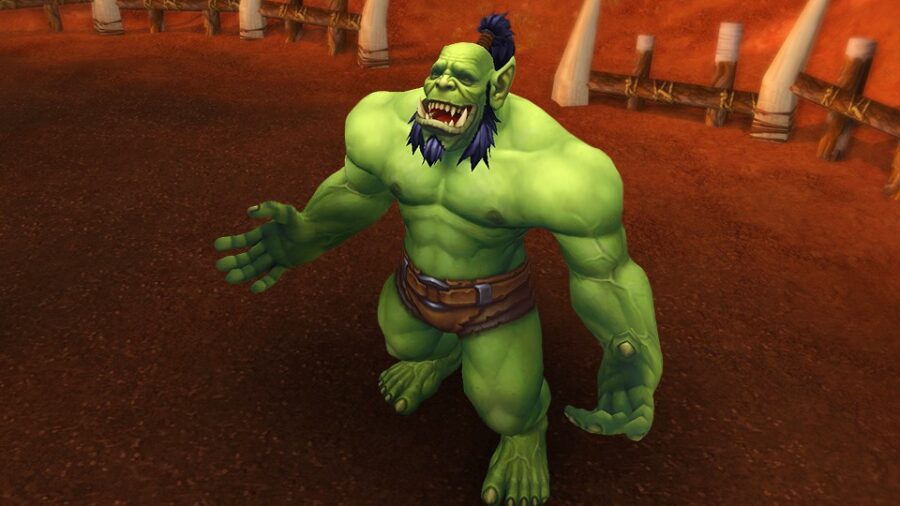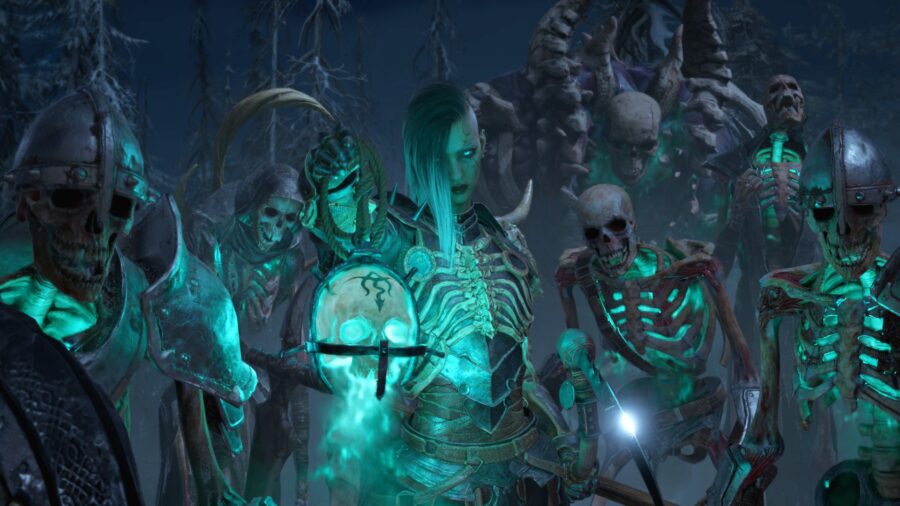Microsoft Won’t Be Able To Buy Activision Blizzard?
The European Commission has objected to Microsoft's buyout of Activision Blizzard, setting another roadblock in the purchase.

Following a lawsuit by gamers over monopolizing the gaming market, Microsoft has hit another roadblock in its attempt to buy Activision Blizzard (ABK) for nearly $70 billion. Despite the company’s tactics to offer and ensure the ongoing support of Activision Blizzard titles to competitive platforms, it would seem that Microsoft hasn’t won the favor of the European Commission, which is preparing to state its objection to Microsoft’s acquisition of Activision Blizzard.
According to Destructoid, Microsoft still has to win the favor of several regulatory bodies to complete the purchase. However, it would seem that the number of regulatory bodies in favor of said acquisition is dwindling by the day. Reports suggest that European Commission is drafting a charge sheet detailing how Microsoft is breaking antitrust laws. This report is likely going to be issued as an antitrust warning to Microsoft as means of preventing the deal from going forward in its current form.
A representative from Microsoft has stated that the company is doing everything in its power to address any marketplace concerns with the regulatory bodies and that the company’s goal is to bring better-quality games to more people, with the deal furthering that goal. Admittedly, the initial reasons for the acquisition, at least according to the official sources, is beneficial to both Microsoft and Activision Blizzard, as both have resources the other one lacks.
It’s hard to imagine that Microsoft lacks any resources, but the company has lacked creativity when it comes to gaming lately, so by acquiring Activision Blizzard, it’s actually acquiring the company’s talent. Additionally, it’s also acquiring the company’s IPs, most of which are multi-platform releases, bringing it in direct conflict with its competitors, such as Sony. For example, any game that ABK would develop for the upcoming Sony console would require a dev kit, and Sony would deliver said dev kits (early versions of gaming consoles) directly to Microsoft.
So, it’s easy to imagine why Sony would object to this deal, despite legal constraints that the company could place on its own hardware, preventing Microsoft from tampering. The other point of contention is the fact that Microsoft could make Activision Blizzard’s releases Xbox exclusives, assuming that the company acquires ABK. This would devoid Sony and other Microsoft competitors of massively popular titles, such as Call of Duty or Diablo—whose fourth installment finally has a release date.

Admittedly, the latter argument is a bit ridiculous; by constricting Activision Blizzard’s releases to its own consoles, Microsoft would actually be losing money in both the short and long run. And we can’t seem to remember Microsoft saying “No” to Sony’s attempt to enter the PC market with its own titles. In fact, if Microsoft acquires ABK as a sibling entity to Xbox Game Studios, it would still be bigger than Sony in terms of gaming development.
As for Activision Blizzard, the company has struggled financially following the massive controversies and lawsuits, which have reflected upon its releases and active developments, so the only thing the company is looking to get out of this deal is access to Microsoft’s expertise in machine learning and data analytics, which would increase ABK’s competitiveness in the current gaming market. So, despite the increasing number of roadblocks, it’s hard to see any of the involved parties backing out of this deal.
Along with the EU Commission preparing to state its objections to the deal, Microsoft will have to deal with the United States Federal Trade Commission (FTC) lawsuit, which is also against the tech giant’s acquisition. The lawsuit is scheduled to go on trial this summer, while Microsoft and Activision Blizzard still wait on the UK’s Competition and Market Authority (CMA) to decide on the verdict regarding the acquisition.












